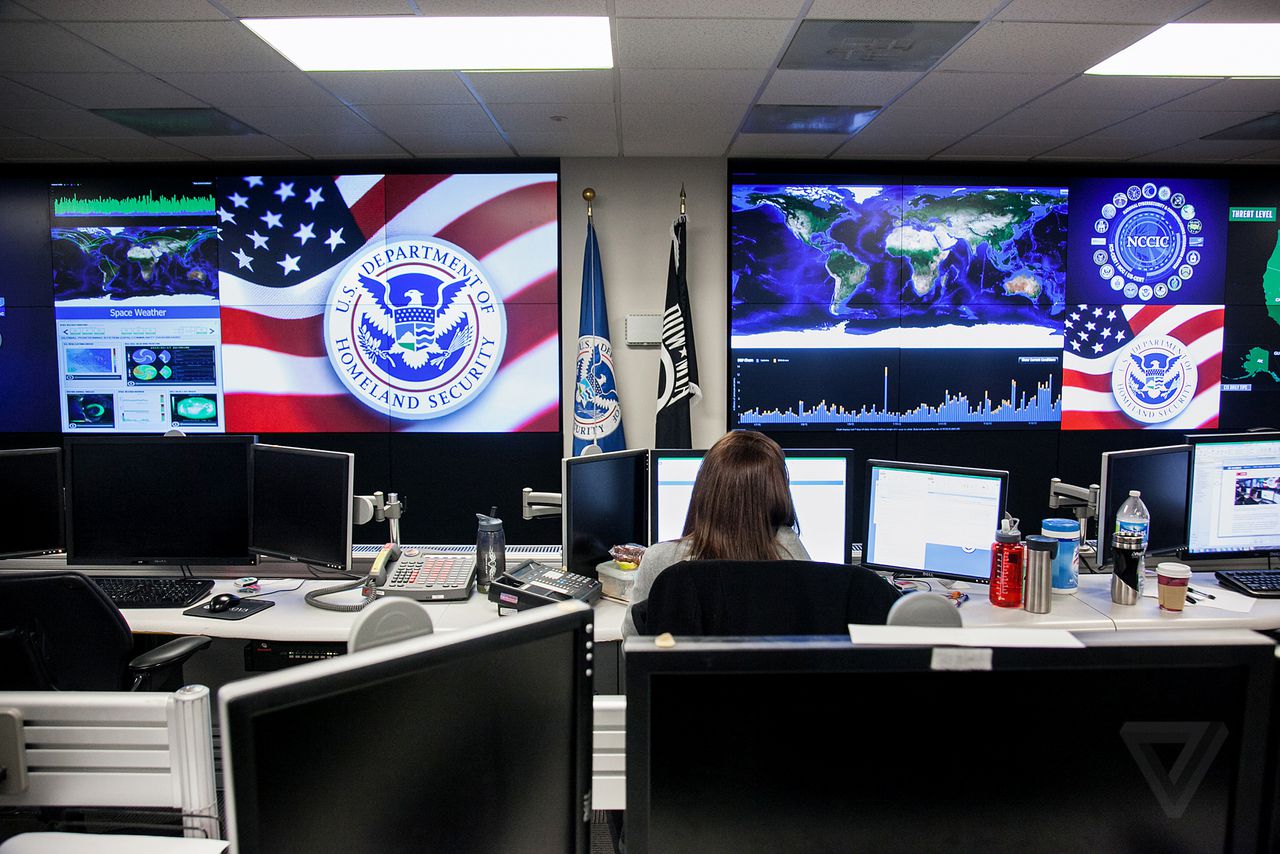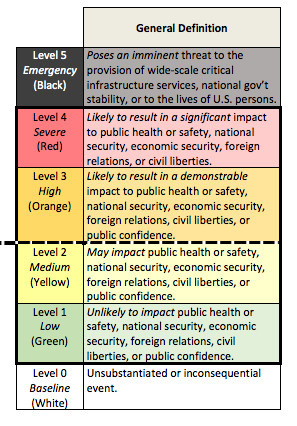The U.S. v. Edward Snowden criminal complaint is under seal but the cover is here.
New Snowden Movie Depicts Traitor as Hero; Profiting from His Treason May Violate Law
JudicialWatch: The upcoming Hollywood movie about traitor Edward Snowden—criminally charged by the U.S. government under the Espionage Act—portrays the National Security Agency (NSA) subcontractor who leaked top secret information as a courageous patriot. Nothing surprising there considering the film’s Academy award-winning director, Oliver Stone, referred to Snowden as a “hero”back in 2013 when he fled to Moscow to avoid prosecution after betraying his country. Snowden’s illegal disclosures have helped terrorist groups like Al Qaeda and led to the death of innocent people. Last year Snowden began openly engaging with ISIS and Al Qaeda members and supporters via social media.
Buzzfeed
“Snowden has done incalculable damage to the NSA and, in the process, to American national security,” according to University of Virginia Law School Professor Robert F. Turner, who specializes in national security issues and served as Counsel to the President’s Intelligence Oversight Board at the White House. “Officials in position to know said good people have already lost their lives thanks to Snowden. Countless more are likely to lose theirs now that our enemies know our most closely guarded sources and methods of communications intelligence collection.” Turner adds that Snowden is hailed as a hero and “whistleblower” by those who are clueless to the devastation he’s done. “When all of the smoke clears, it may very well be proven that Snowden is the most injurious traitor in American history.”
This would make it illegal to profit from his crimes and the Department of Justice (DOJ) should confiscate all money made by the violators. Snowden is no whistleblower. In fact he violated his secrecy agreement, which means he and his conspirators can’t materially profit from his fugitive status, violation of law, aiding and abetting of a crime and providing material support to terrorism. It’s bad enough that people are profiting from Snowden’s treason, but adding salt to the wound, the Obama administration is doing nothing about it. Judicial Watch has launched an investigation and is using the Freedom of Information Act (FOIA) to obtain records. True whistleblowers and law-abiding intelligence officers such as Lt. Colonel Anthony Shaffer, FBI Special Agent Robert G. Wright and Valerie Plame got release authority in accordance with their secrecy agreement and did not seek money or flee to Russia. A federal appellate court has ruled that government employees, such as Snowden, who signed privacy agreements can’t profit from disclosing information without first obtaining agency approval. The case involved a CIA agent (Frank Snepp) who violated his agreement with the agency by publishing a book. A federal court denied Snepp royalties from his book and an appellate court upheld the ruling, reiterating that the disgraced agent breached the “constructive trust” between him and the government.
Related reading: Audit of the Federal Bureau of Investigation’s Implementation of Its Next Generation Cyber Initiative
Furthermore, Snowden, Stone and the producers of a 2014 Oscar-winning Snowden film titled “Citizenfour” may be in violation of the Anti-Terrorism Act (ATA), which forbids providing material support or resources for acts of international terrorism. Many deep-pocketed institutions have been sued under the law for providing terrorist organizations or affiliates resources that assisted in the commission of terrorist acts. Just last month the families of victims killed and injured by Hamas filed a $1 billion lawsuit against Facebook under ATA for providing the terrorist group with material support by letting it use its services to help carry out attacks. A number of banks have also been sued under the law for financing terrorist activities, albeit unknowingly.
Both Stone and “Citizenfour” director Laura Poitras had clandestine meetings abroad with Snowden. Stone told a Hollywood trade publication he met Snowden in Russia and that he moved production overseas because filming in the U.S. was too risky. “We didn’t know what the NSA might do, so we ended up in Munich, which was a beautiful experience,” Stone said. Poitras actually collaborated with Snowden’s defection to China then Russia and had email communication with him before he committed his crimes so she had foreknowledge. This is all included in her documentary. On May 20, 2013 Snowden flew to Hong Kong to meet with British journalists and Poitras. He gave them thousands of classified documents and Poitras became known as the woman who helped Snowden spill his secrets, or rather commit treason. When Citizenfour won the 2015 Academy Award, Poitras was joined by Snowden’s girlfriend during her acceptance speech at the Dolby Theater in Hollywood, California. “The disclosures that Edward Snowden revealed don’t only expose a threat to our privacy but to our democracy itself,” Poitras said in her acceptance speech. “Thank you to Edward Snowden for his courage and for the many other whistleblowers.”
Snowden remains a fugitive from U.S. law protected by Russia. On June 14, 2013, federal prosecutors charged him with “theft of government Property,” “unauthorized communication of national defense information” and “willful communication of classified communications intelligence information to an unauthorized person.” Al Qaeda keeps using information leaked by Snowden to help its fighters evade surveillance technology, according to a British newspaper report. “The terrorist group has issued new video guidance based on what they have learnt about Western spying methods from the Snowden disclosures which have been made public on the internet,” the article states. “The move confirms the worst fears of British and American intelligence chiefs who warned that Snowden’s betrayal would play into the hands of the terrorists. The video even uses footage of news reports of the Snowden leak, highlighting how ‘NSA is tracking millions of phones.’”


